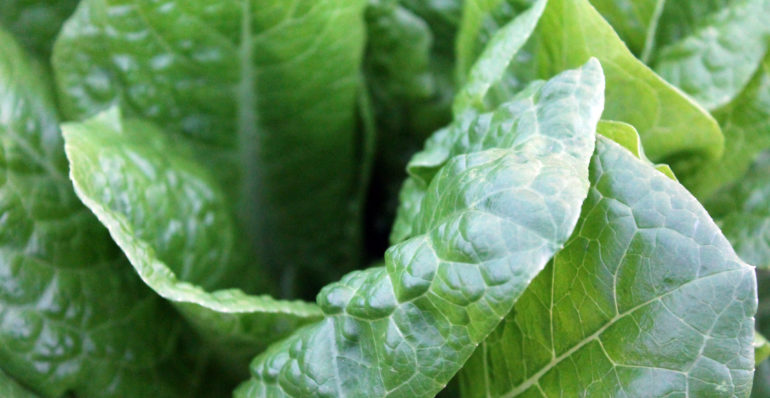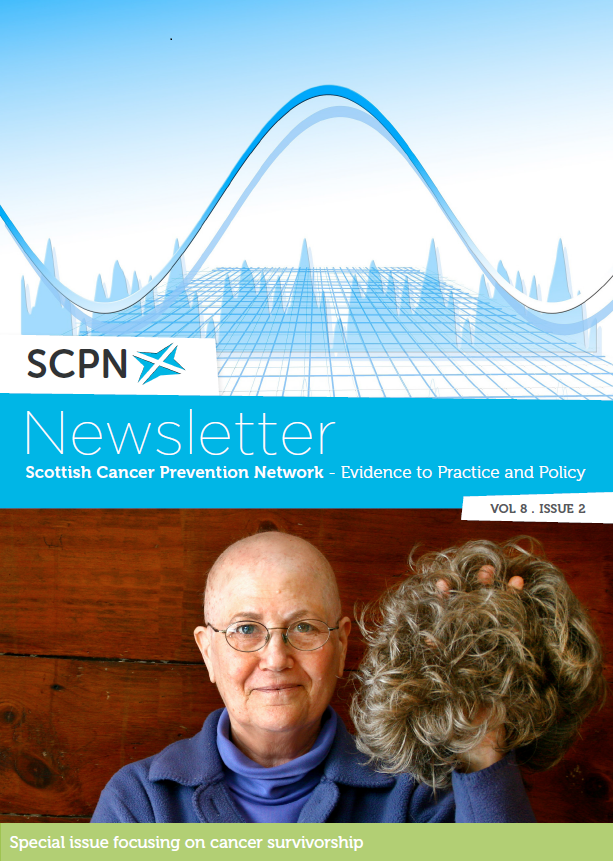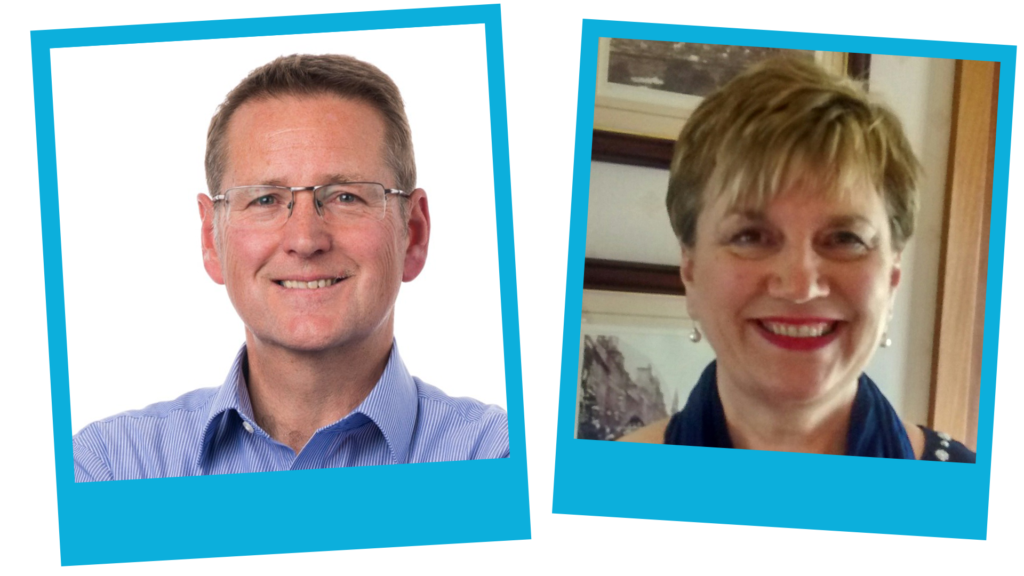
Nutrition Advice for Cancer Patients

01 May 17 |
by Peter Rainey and Elspeth Banks, SCPN Patient Representatives
Barely a week passes without a news item or press article on the subject of diet and its relationship with disease. The dangers of tobacco are well established, but there is now growing evidence that eating well, moderating alcohol consumption and physical activity can reduce your risk of developing a range of cancers including bowel, oesophagus, stomach, and breast cancer and can also have an effect on treatment response and overall recovery.
Why do so few cancer patients receive advice about nutrition? On diagnosis most people are focussed on getting the treatment they need as quickly as possible. A conversation about nutrition may not be very constructive at this stage unless it is directly relevant to the specific treatment plan. After treatment, however, many patients ask the question “what can I do?” They want to take back some control, to remain healthy and to prevent recurrence. This is when nutritional advice would be both welcome and appropriate.
Whose responsibility is it? Should patients expect their consultants to talk about nutrition during a busy oncology clinic? Perhaps not, but they should at least be signposted to a specialist who knows about nutrition as it relates to their disease.
Does it happen? Based on anecdotal evidence, the picture is patchy at best and it seems that many patients revert to consulting Dr Google. Patients report inadequate and inconsistent advice e.g. being told “eat what you fancy”, “just eat healthily…that’s all I got”, and are often confused by reading conflicting advice in the media.
Are there specific foods that patients should/should not consume? How do you overcome loss of appetite or taste as side effects of chemotherapy? What advice should be given to patients who are encountering weight loss or gain? These are typical questions patients want answered and sometimes it’s a case of “if you don’t ask, you won’t get and if you do ask, you might”. In the face of mounting evidence that nutrition is important there is an urgent need for more reliable and consistent nutritional and dietetic information for cancer patients.
The NIHR Cancer and Nutrition Infrastructure Collaboration is undertaking a programme of work to address this issue. A patient survey identified the need for better evidence to allow more reliable and consistent nutritional and dietetic information. A clinician survey highlighted both the importance and the challenges of including nutrition in cancer care.
Patients are involved in supporting the various work streams aimed at information provision and communication with cancer patients and the public, creating a skilled community of practice, identifying major research priorities and characterising nutritional status in cancer. One priority is the development of a nutritional assessment toolkit for use by clinicians and researchers. The collaboration is also identifying the most important research questions to ask in order to develop better guidance for patients and is attempting to develop a central repository for the best currently available evidence. In this way patients and professionals will have a consistent and cross-checked source of information.
More information is available at http://cancerandnutrition.nihr.ac.uk/
This article was originally published in The SCPN Newsletter Volume 8, Issue 2. Read the digital newsletter below using Issuu, or feel free to download the PDF.
View the PDF

The SCPN Newsletter: Volume 8, Issue 2
In this issue we have a section focusing on cancer survivorship as well as our regular features - examples of good practice, public health initiatives, recipes and interesting studies which contribute to the body of evidence on cancer prevention.
